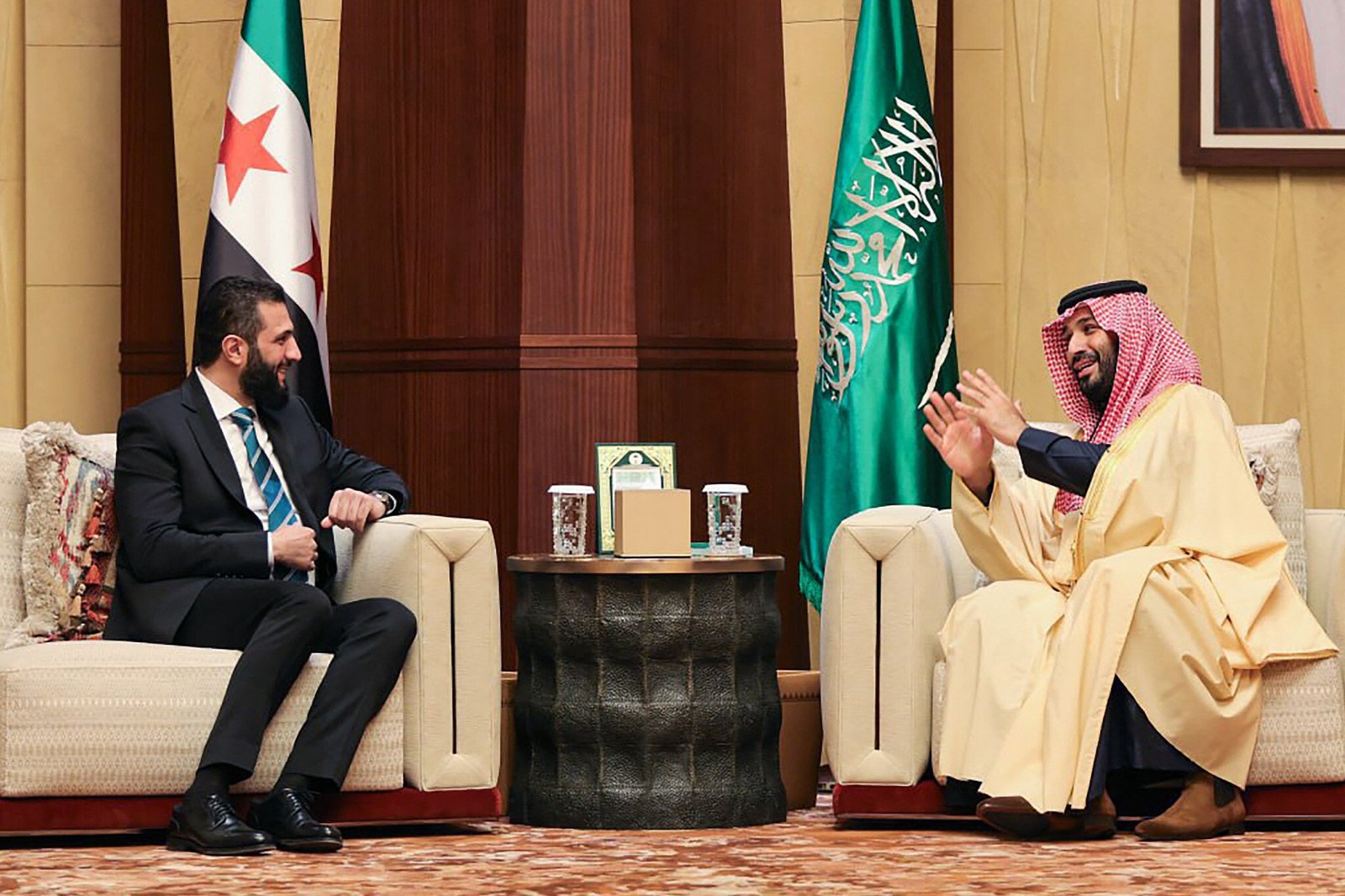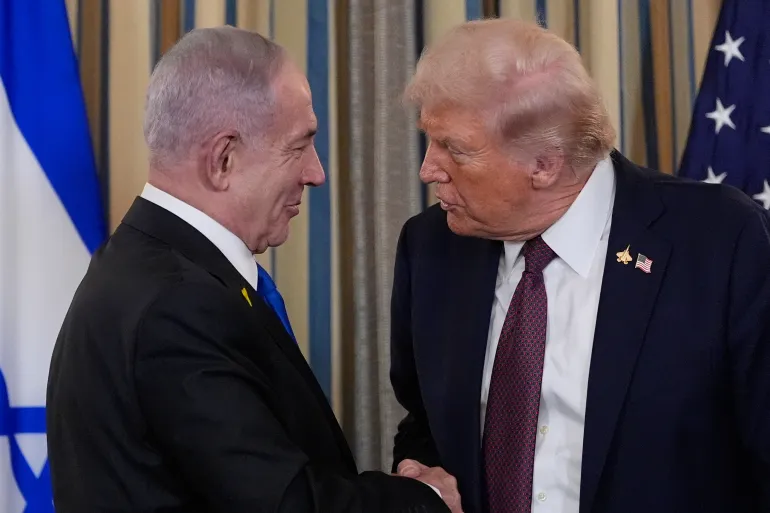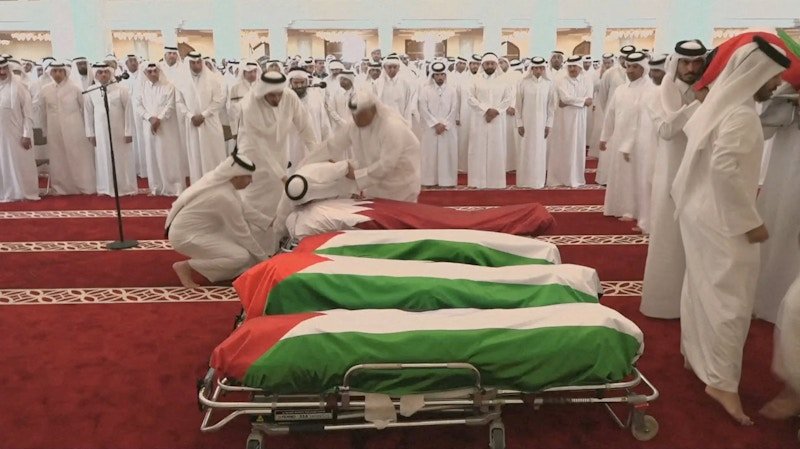After Assad's Fall, Saudi Arabia Announces Nearly $3 Billion Investment in Syria’s Infrastructure and Real Estate Sector
[Damascus, July 24, 2025] — Following the ousting of Bashar al-Assad last December, Saudi Arabia — a key backer of the newly formed Syrian government — has announced nearly $3 billion in investments in Syria’s infrastructure and real estate sectors. The war-torn country, devastated by nearly 14 years of civil war, sees this as a major economic lifeline and a significant step toward reconstruction.
Saudi Investment Minister Khalid Al-Falih announced the $2.9 billion commitment during a conference in Damascus on Thursday, calling it part of a broader $6.4 billion investment package.
On Wednesday, a high-level Saudi delegation of around 150 investors and officials from both government and private sectors, led by Al-Falih, held various meetings in Damascus and later participated in a business forum in the capital.
The Saudi Ministry of Investment said on Tuesday that the aim of the Damascus forum was “to explore opportunities for cooperation and secure agreements that ensure sustainable development and protect the interests of the two brotherly nations.”
Earlier this year, Saudi Arabia and Qatar jointly pledged to pay off Syria’s outstanding $15 million World Bank debt.
Earlier this month, U.S. President Donald Trump officially completed the process of lifting American sanctions on Syria — a move initiated in May at the request of Saudi Arabia and Turkey. After Assad's fall, new Syrian President Al-Shara’a made his first foreign visit to Riyadh in February.
However, despite promises of national unity, the new government has struggled to maintain peace and stability across the country. Violent clashes with minority groups, especially in the Suwayda province, have raised fresh concerns over Syria's internal stability.
In early July, conflict erupted between Druze fighters and Bedouin tribes in Suwayda and quickly escalated. Subsequently, Israel launched multiple airstrikes on Damascus.
Israel claimed its intervention was aimed at protecting the Druze community, whom it views as a potential future ally.
The Syrian government responded by sending its own forces to the region and announced a ceasefire. However, the truce was short-lived, and fighting resumed.
The United States later brokered a ceasefire between Israel and Syria, and President Al-Shara’a announced a new ceasefire in southern Syria — which has held for several days so far.
Meanwhile, the Syrian government rescued hundreds of Bedouin families trapped in Suwayda. On Monday, in the first phase of evacuation, these families were transported in buses and trucks with assistance from the Syrian Arab Red Crescent to the nearby city of Daraa.










